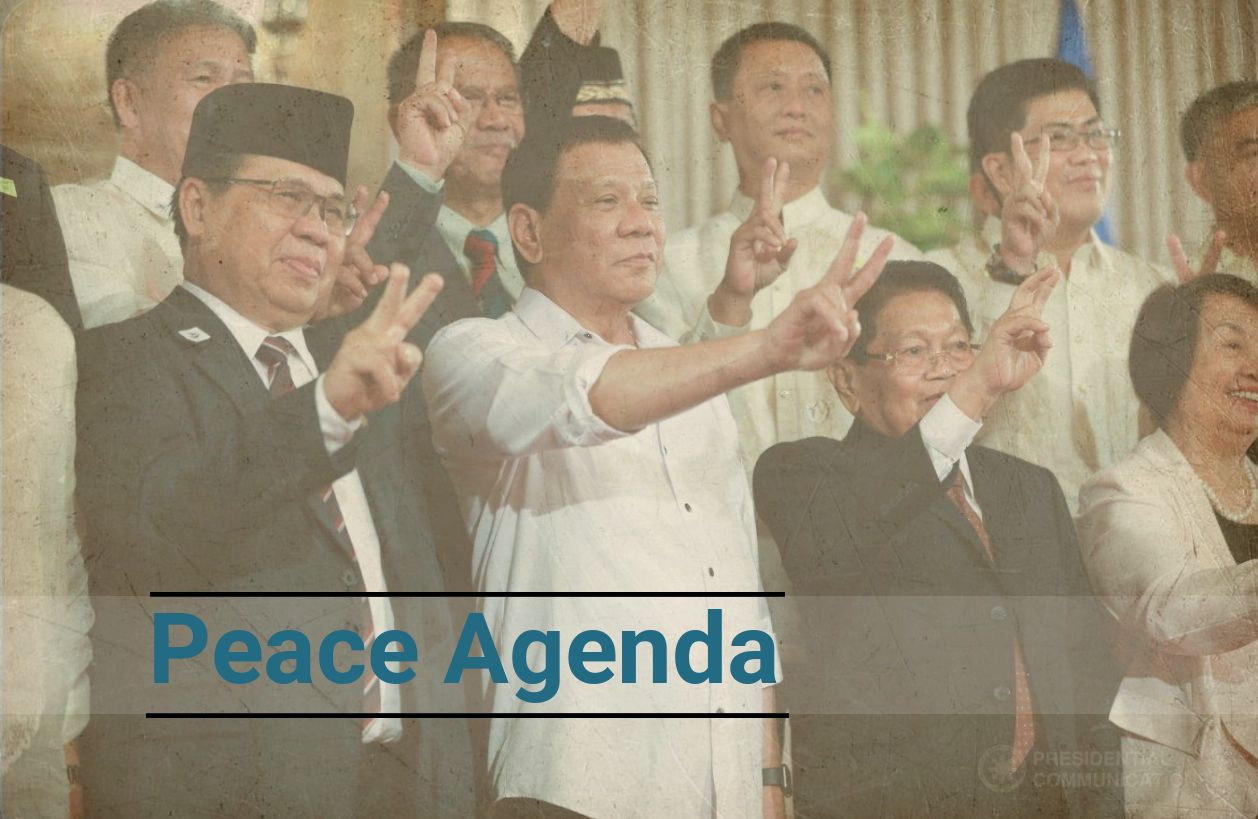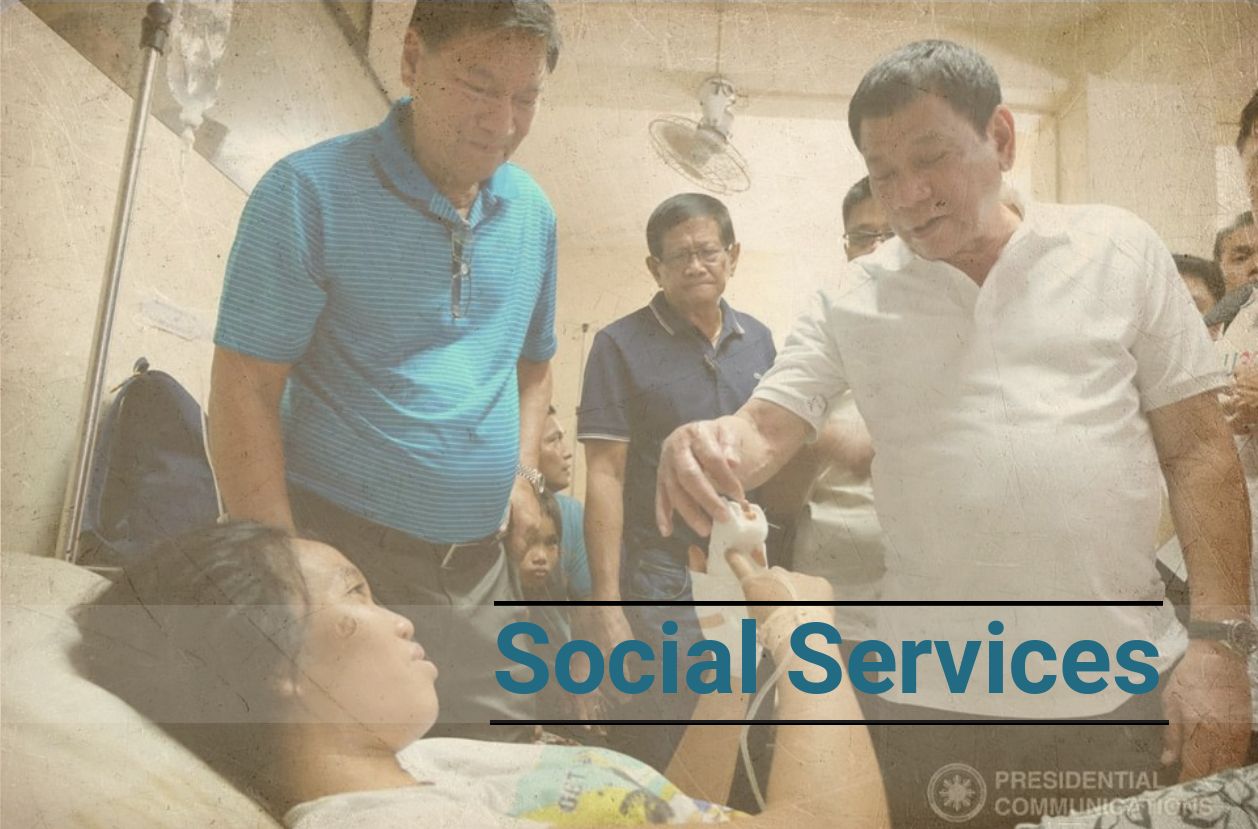In his 2017 State of the Nation Address, President
Rodrigo Duterte mentioned “economy” just twice and spoke of his economic
programs in broad strokes.
In his first SONA in 2016, he promised to “pursue tax reforms
towards a simpler and more equitable and more efficient tax system.”
He reiterated the promise in 2017, urging the Senate to pass
the tax reform law already approved by the House of Representatives.
Congress did pass the tax reform law and Duterte signed the Tax Reform for Acceleration and Inclusion (TRAIN)
law in December.
Half a year later, what the president has described a
“pro-poor” reform is receiving flak for pushing up prices of basic commodities.
Inflation breached 5 percent in June, the highest in
over five years, bringing to 4.3 percent the average rate in the first six
months of 2018, above the government’s target of 2 to 4 percent.
The country’s economic managers have rejected calls to suspend the tax reform law,
saying this “will only have a minimal and short-term impact on inflation and
will stifle our growth.”
Duterte, meanwhile, has said he will leave TRAIN’s fate to Congress.
“Well, the law was enacted by Congress,” he said. “I’ll leave it to Congress to decide
whether or not to amend or suspend or modify the law.”
VERA Files Fact Check tracks the promises Duterte made in both
his 2016 and 2017 SONA.
PROMISE: Pass tax reform law |
| “I commend the House of Representatives for heeding my urgent certification of the tax reform… I call on the Senate to support my tax reform in full and to pass it without haste (sic).” (SONA 2017) “On taxation, my administration will pursue tax reforms towards a |
 Republic Act No. 10963 was passed by Congress on Dec. 13, 2017 and signed by Duterte on Dec. 19, 2017 |
PROMISE: Maintain a healthy economy |
|
“On the macroeconomic management, my administration will continue and maintain current macroeconomic policies, and even do better.” (SONA 2016) |

But with notable concerns. The economy grew 6.7 percent Inflation rose 5.2 percent year-on-year in June. Unemployment rate stood at 5.5 percent in |
Sources:
Senate of the Philippines, Full text of Republic Act No. 10963
World Bank, Philippines Economic Update: Investing in the Future,
April 16, 2018.
Philippine Statistics Authority, Employment Rate in April 2018 is Estimated at 94.5
Percent
, June 5, 2018
Bangko Sentral ng Pilipinas, Inflation rates
(Guided by the code of principles of the International Fact-Checking Network at Poynter, VERA Files tracks the false claims, flip-flops, misleading statements of public officials and figures, and debunks them with factual evidence. Find out more about this initiative and our methodology.)



